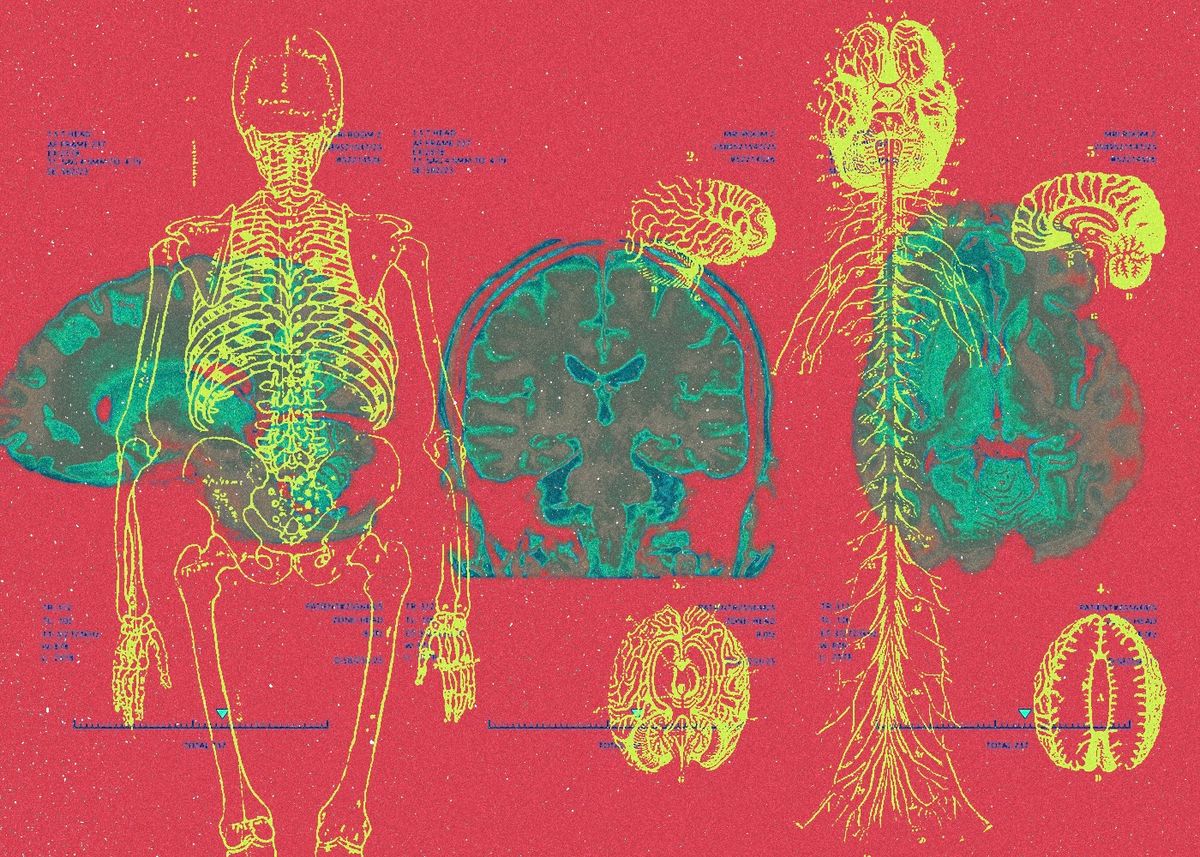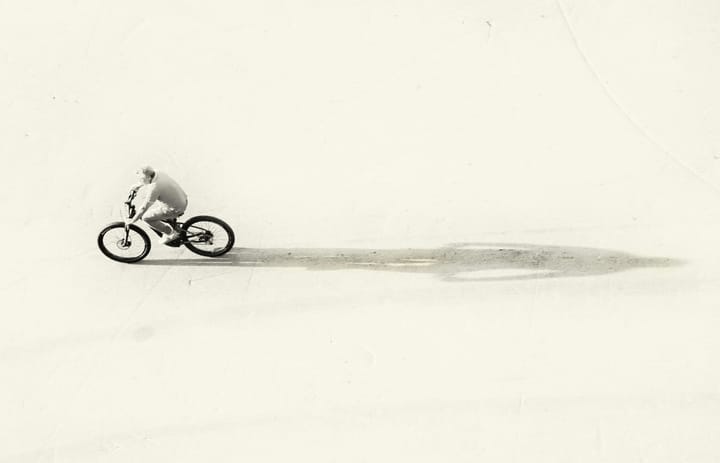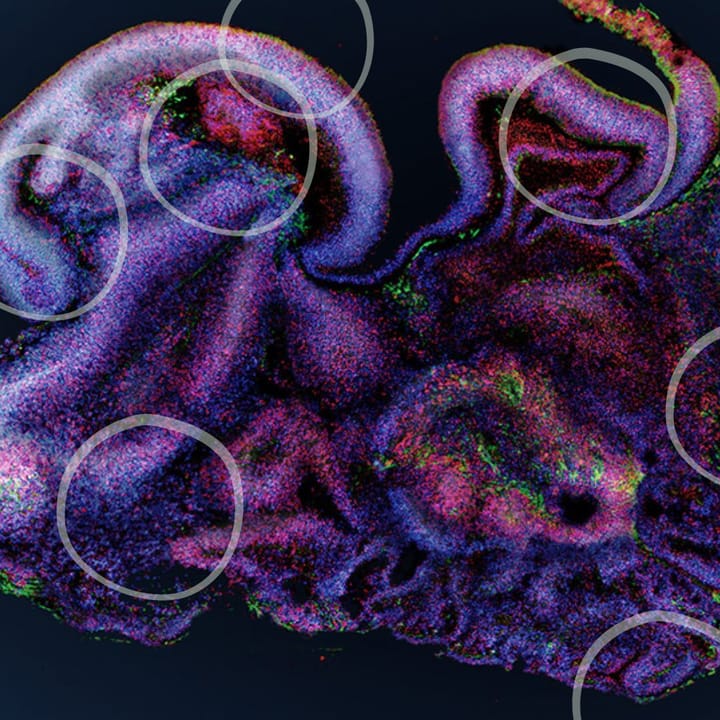Understanding Pain Reprocessing Therapy and how our brain’s therapeutic capacity confronts conventional treatments. By Mimoun El Fantroussi.
Pain and psychology have been linked over the past 50 years with an aim to understand how our brain alone can stimulate healing, without the need of conventional treatments. Could the harmonisation of the fundamental body-mind connection, which integrates the psychophysical aspect of health, ameliorate modern medicine?
Our current vision of clinical care for chronic pain treatment still concentrates on technical procedures and medication. Chronic pain, which is pain that lasts for more than 12 weeks despite administration of treatment, affects more than 28 million adults in the United Kingdom [1]. As the general population ages, the prevalence of chronic pain is set to increase, with a subsequent rise in the use of opioids, which are painkillers (or analgesics) that only provide partial relief in patients. Alternative approaches that defy this classical physiopathological centred system are therefore being investigated by researchers.
One such technique proven to be efficient in recent clinical trials is Pain Reprocessing Therapy (PRT), which involves a therapist inciting patients to perceive pain signals as less threatening. Researchers at the Weill Cornell Medical College ran a randomised clinical trial on 151 participants suffering from chronic back pain. After four weeks of PRT, 66% of patients claimed they were pain-free or nearly pain-free, compared to 20% in a placebo trial and 10% in a group randomised to usual care [2]. The neuroimaging outcomes showed that the anterior prefrontal cortex and adjacent dorsolateral prefrontal cortex, which are involved in the detection and suppression of pain, were less active in response to evoked pain after the PRT treatment. A parallel was also made between the placebo effect and PRT as reduction of activity in the anterior insular cortex, associated with the anticipation of pain, was observed in both interventions.
The placebo effect is another psychological mechanism that defies medication in treating pain in patients with inert treatments. Studies comparing the effects of placebo and opioid-induced analgesia using functional neuroimaging demonstrate that placebo analgesia is similar to opioid therapy and is linked to changed brain activity in pain-sensitive brain areas, particularly the rostral anterior cingulate cortex. In a study of over 800 patients with migraine, oral placebos improved 26% of patients whereas improvement with subcutaneous placebo treatment occurred in 31% [3]. The variations of responses as a function of mode of intervention indicates the complexity of psychic treatments in patients.
Given the findings of studies on the psychological influence in healing, one might wonder if the current therapeutic protocol is optimal. Does the current emphasis on the technicality of medical procedures cause us to underestimate the mind’s intrinsic therapeutic capacity? To improve medical approaches to pain, we may have to consider patients as integral psychophysical beings. This remains a complex field that still needs thorough research on psychological mechanisms of pain as little data suggests efficiency of these techniques on cancer or viral infections. The understanding of the variety of pain and the associated brain mechanisms will undoubtedly help us develop therapeutic neuroscience techniques that effectively relieve patients from pain, without the need of pharmacological treatments.
References
1. Alenezi A, Yahyouche A, Paudyal V. Current status of opioid epidemic in the United Kingdom and strategies for treatment optimisation in chronic pain. Int J Clin Pharm. 2021;43(2):318-322. doi:10.1007/s11096-020-01205-y
2. Ashar YK, Gordon A, Schubiner H, et al. Effect of Pain Reprocessing Therapy vs Placebo and Usual Care for Patients With Chronic Back Pain: A Randomized Clinical Trial. JAMA Psychiatry. 2022;79(1):13–23. doi:10.1001/jamapsychiatry.2021.2669
3. Nico J. Diederich, Christopher G. Goetz.The placebo treatments in neurosciences, New insights from clinical and neuroimaging studies. Neurology.2008; 71 (9) 677684; DOI: 10.1212/01.wnl.0000324635.49971.3d





